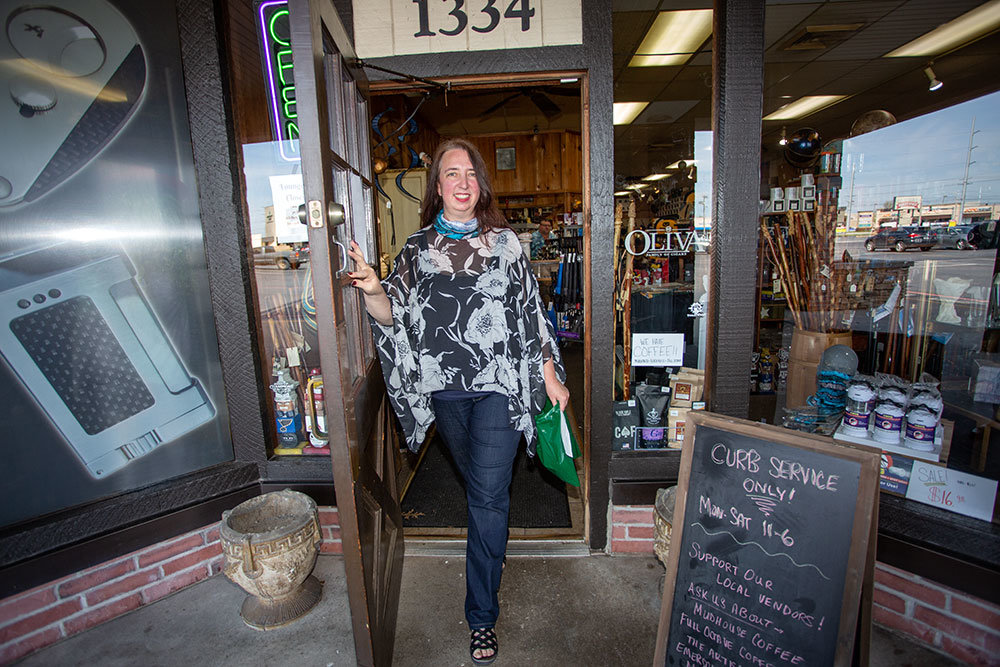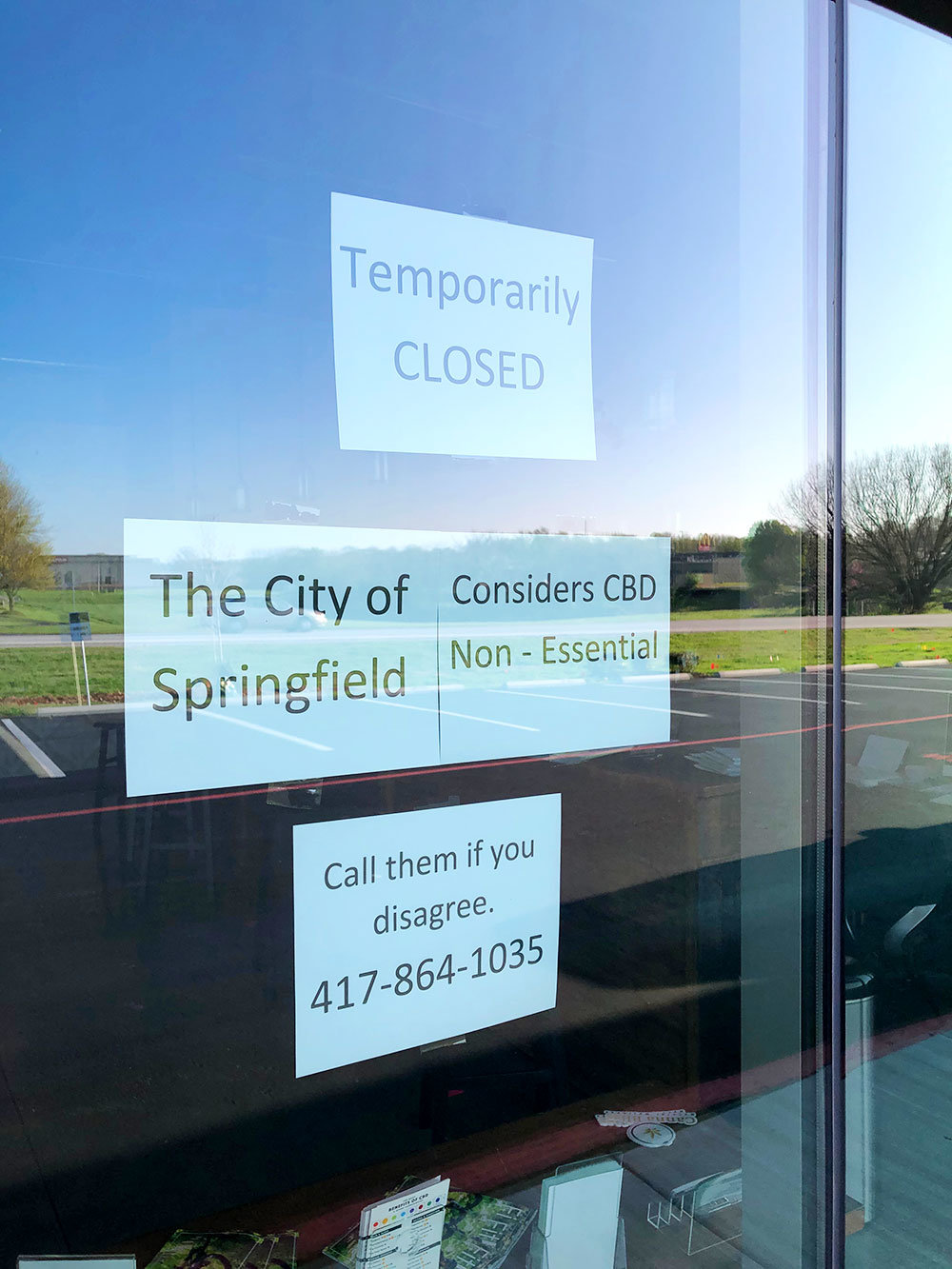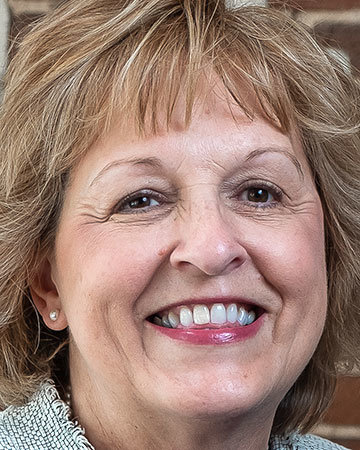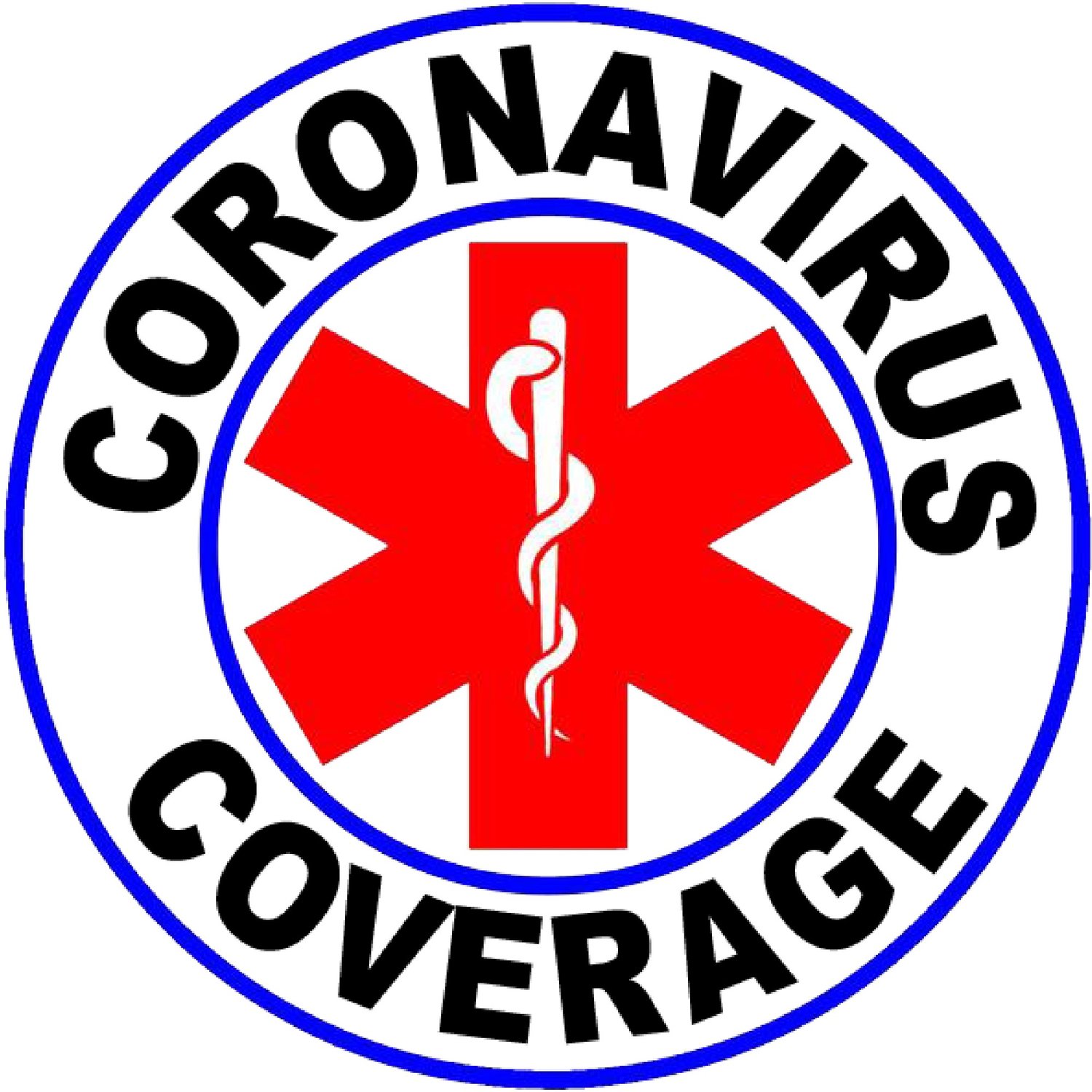YOUR BUSINESS AUTHORITY
Springfield, MO
YOUR BUSINESS AUTHORITY
Springfield, MO








As the city of Springfield enforces its stay-at-home order, business owners are confused whether they’re allowed to remain open.
The city’s order includes a lengthy list of business categories considered essential, such as health care, grocery, pharmacy and financial institutions. Nonessential businesses include those that offer entertainment, recreation and general retail.
Business owners say the orders haven’t been clear and different responses from city employees have muddled the process.
City spokeswoman Cora Scott said the city has been hit with questions from business owners, recording more than 2,000 interactions with owners by April 6 via the city’s essential business hotline and its other platforms. The city doesn’t have a formal appeal process in place, but businesses can provide information about their operations to clarify whether they are considered an essential business. Scott said a dozen business owners had utilized this process by press time.
The city is enforcing the essential business rule on a complaint basis.
Back and forth
At Just For Him LLC, co-owner Jessica Hutson said the tobacco and gift shop is offering curbside pickup for certain purchases. The store, which also sells soaps, face masks for bikers and grooming supplies, was initially told by a city employee it could continue to sell the soaps and various gifts that are considered essential. However, it could not legally sell tobacco products. Hutson also was told she could continue selling tobacco online.
On April 6, Hutson posted an open letter on Facebook to Springfield City Council members detailing the limitations from the city, which caught traction on social media. The city’s stay-at-home order says essential businesses may only sell essential products, such as personal care items.
The city later contacted Hutson and gave her the all-clear to continue selling tobacco products.
“Our goal is for people to be able to access tobacco if it’s part of their life,” Hutson said in an interview prior to further notice from the city.
Hutson provided Springfield Business Journal her email correspondence with the city. In an email, Planning and Development Director Mary Lilly Smith apologized to Hutson for getting incorrect information when she called the essential business hotline.
Smith said Hutson was cleared to continue selling her tobacco products because of a clause in the stay-at-home order that says essential businesses may sell any items it typically sells, even if they’re considered nonessential – as long as a substantial amount of the store’s product is essential.
Smith told SBJ the city does not have a specific amount of essential product in a store to qualify, but said she believes the business should have at least a quarter to a third of the sales floor area dedicated to essential products. Hutson said her store carries 60% tobacco products and 40% gifts, including soaps and grooming products.
“Since tobacco is not identified as an essential business product, a strict interpretation … would be to say that tobacco sales are not permitted during the Stay at Home Order. However, City Council has made it clear that it was not their intent to prohibit tobacco sales,” Smith said in the email to Hutson.
Hutson said she was told the clause that limits essential businesses from selling nonessential products was included in the order to protect small businesses from losing customers to big box stores, but the city didn’t have the intent to enforce the rule. For example, the clause would make flower sales illegal at chain stores if local flower shops were closed.
“It doesn’t give businesses a clear path,” Hutson said of the order. “If we still know this is on the books and they could enforce it if they wanted to, that’s a problem.”
Hutson said she believes the city’s altered stance was impacted by community response.
“As a business owner, I am happy to have an exception, but I don’t think this is the way it should be done. Either enforce the rules you’ve made or say tobacco is an essential item,” Hutson said.
CBD stores
Jamie Tillman, owner of CBD stores Canna Bliss and Canna Grow, said a city employee reached out to her after the stay-at-home order went into effect last month, telling her she had to close her stores immediately.
Tillman said her CBD competitors didn’t receive the same call and continued to operate until complaints were made almost a week later. Tillman attempted to appeal the order from the city by providing information as to how her business could classify as a pharmacy. Canna Bliss sells cannabidiol products, or CBD, which has been said to relieve aches and pains, as well as reduce inflammation and anxiety.
“It wasn’t an hour later that they replied and said, ‘No, you’re not essential,’” Tillman said. “I asked for a reasoning, and that was never provided.”
Smith said in an email to SBJ that CBD was considered nonessential by Springfield-Greene County Health Department Director Clay Goddard. Several states, such as California, Oregon, Illinois and Michigan, have deemed CBD and marijuana – both medicinal and recreational – to be essential products in stay-at-home orders.
“The city has declared us as a nonessential product. So, they’ve devalued the medicinal benefits in CBD, which is bad business,” Tillman said. “My fear is that our customers are going to pick it up on Amazon and different places, and we might not get our clientele back.”
Canna Bliss is still operating through online sales, though Tillman said e-commerce only contributes to 1% of sales on a regular basis. She said she’s had only about $250 in daily online sales since she was forced to close, which also resulted in laying off her four employees at the two stores. Tillman said she was considering moving forward with legal action at press time.
A franchise store of a Branson West-based quilting business made its Queen City debut; Grateful Vase launched in Lebanon; and Branson entertainment venue The Social Birdy had its grand opening.

